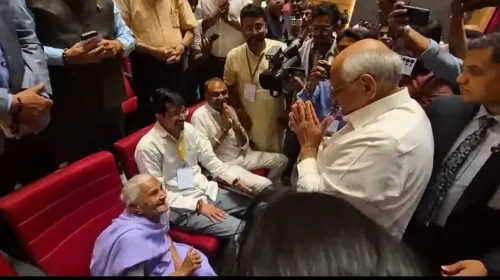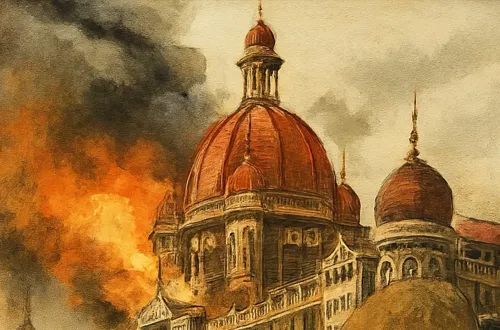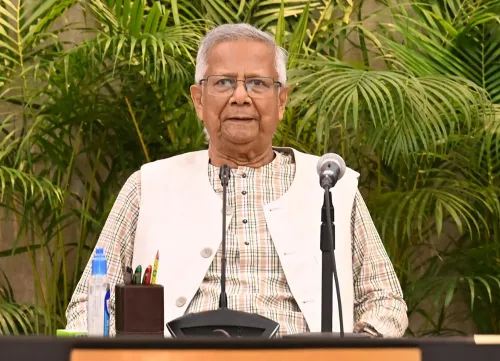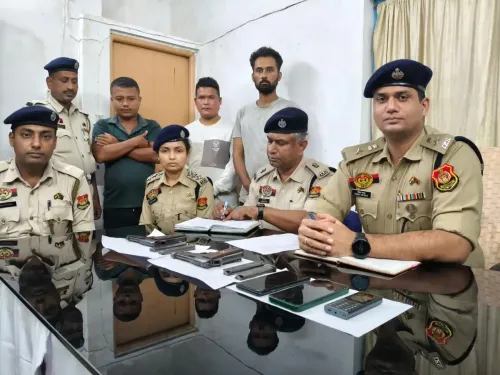Should Kerala HC Push for Reserved Seats for Transgender Students in Law Colleges?
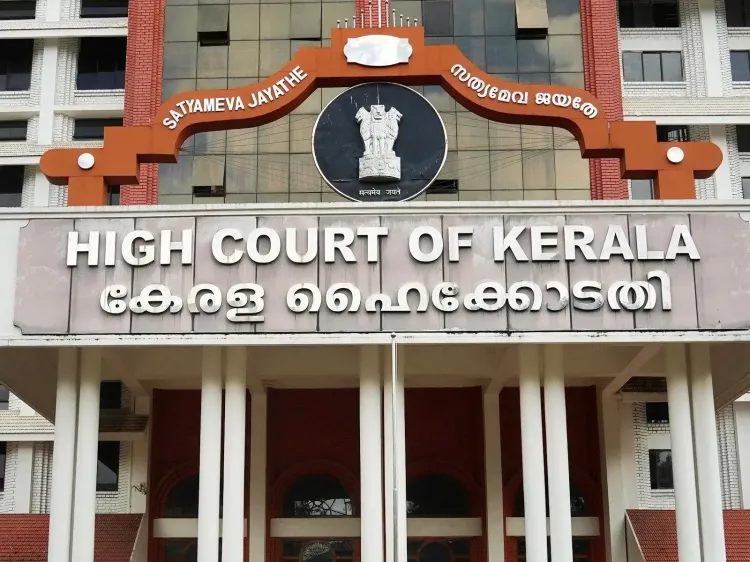
Synopsis
Key Takeaways
- Kerala High Court urges for transgender seat reservations in law colleges.
- Petition arose from a transgender woman denied admission.
- Justice N Nagaresh emphasized equality in education.
- State government plans to create seats for transgender students.
- BCI has until October 16 to respond.
Kochi, Oct 9 (NationPress) On Thursday, the Kerala High Court made a compelling appeal to the Bar Council of India (BCI) to consider implementing reserved seats for transgender students in law colleges throughout the state, emphasizing that this is a matter of equality and inclusion.
The court's call to action arose during the hearing of a petition from a transgender woman who was denied admission to Government Law College, Kozhikode, despite successfully passing the Commissioner for Entrance Examinations’ Kerala Law Entrance Examination (KLEE) 2025.
She claimed that the lack of a dedicated transgender quota in the central allotment process infringed upon her constitutional rights.
Justice N Nagaresh pointed out that reservations for transgender individuals are already in place in engineering and medical institutions.
“If we can reserve seats in engineering and medical colleges, why not in law colleges?” he questioned, urging the BCI to adopt a similar framework.
The BCI’s legal representative contended that most law colleges have an intake of 40 seats, making it challenging to set aside quotas.
However, the court remained unconvinced. “If other institutions can implement this, why should the Bar Council resist? You could issue an order to allocate additional seats this year, and the following year, these seats could fall within the existing 40-seat limit,” Justice Nagaresh remarked.
The court noted the state government's commitment to create two supernumerary seats in each government law college for transgender students and that it has already requested permission from the BCI.
The BCI has until October 16 to provide a response.
The petitioner seeks admission for the 2025-26 academic year under the transgender reservation category and has urged the court to mandate that both the government and the BCI ensure similar reservations in all law colleges.
She also referenced the significant NALSA v. Union of India ruling and the Transgender Persons (Protection of Rights) Act, 2019, to bolster her argument.
The case is set for its next hearing on October 16.

